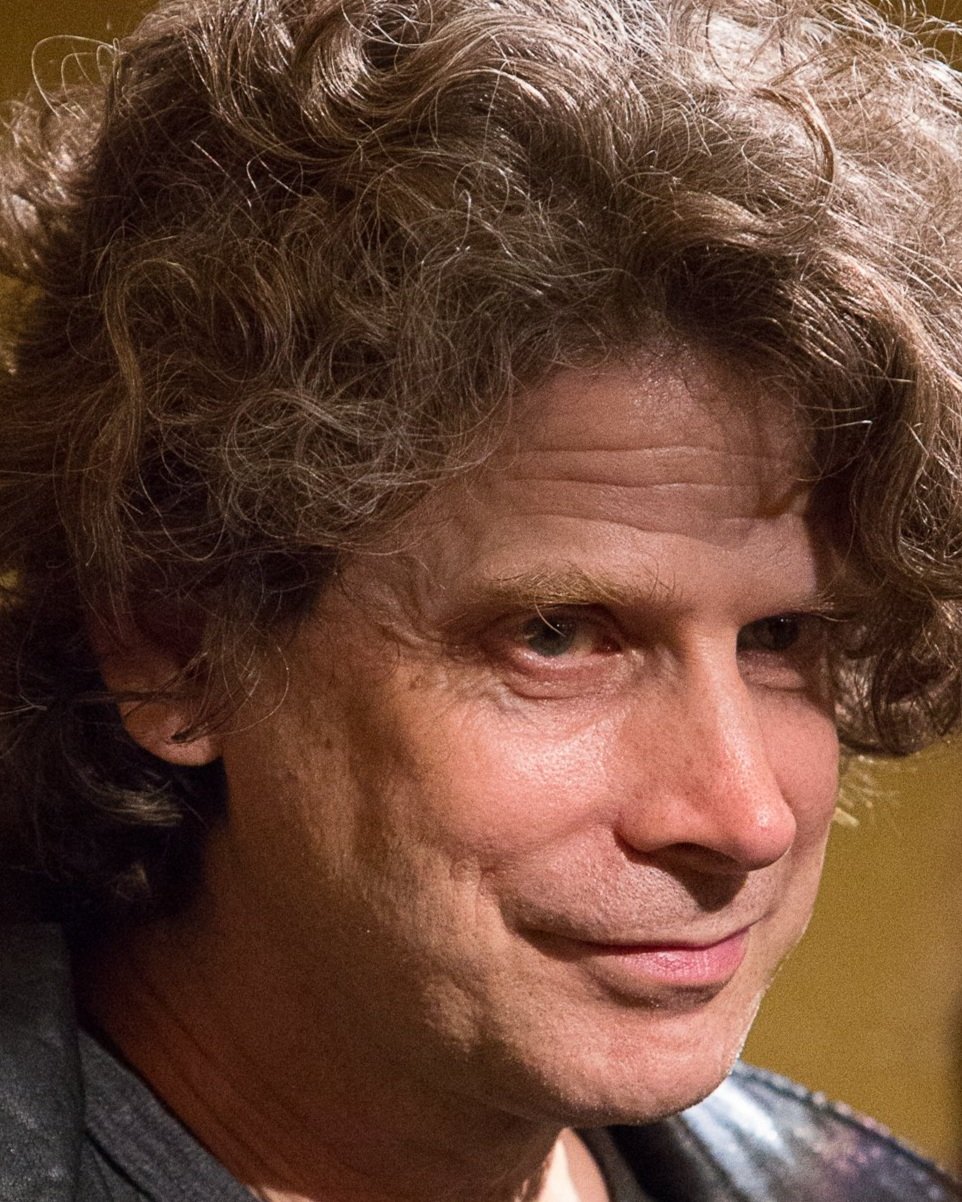A Child’s Reading Journey Is Their Own
Last week, I wrote a blogpost entitled, “Hypocrisy is Not For Me.” My blogpost began:
Last Friday, June 27th, the US Supreme Court decided that “books exert upon children a psychological ‘pressure to conform’ to their specific viewpoint.”
Wow.
Did the Supremes never read a book and think, “Gosh, I don’t agree”?
I believe this would be called “critical thinking.” Isn’t that exactly what schools are supposed to teach?
My blogpost went on to complain about the new Mahmoud v. Taylor ruling that permits parents to opt their kids out of classroom story-hours featuring LGBTQIA+ books.
Okay.
Five years ago, I self-published The Music Thief, a memoir of my life till age twenty-five. This passage comes early in the book:
In fourth and fifth grades, I hung around the town library after school. Since I’d already taken out Amos Fortune, Free Man from the school library, on one of my trips to the town library I took out Black Boy, by Richard Wright…. I spent a long time reading Black Boy. I had to renew it a couple of times. I identified with this boy people were so mean to.
Then, I borrowed The Autobiography of Malcolm X. My fifth-grade teacher Mrs. Fleming saw I was carrying it around, and asked, “Why are you reading that?” It took six months, but I did finish. He got killed in the middle of his life. It was the same as with Martin Luther King. Right when he was doing everything.
The book-borrowing described here happened back in 1969/1970, when I was ten. I wrote this description decades later, in 2002, when I was forty-two. I didn’t publish the text until much later, in 2020, when I was sixty.
It’s 2025 today, and I’m sixty-five.
For years, I’ve been selling Black Boy and The Autobiography of Malcolm X in my bookstores. I’m even friends with Julia Wright, daughter of Black Boy author Richard Wright.
So, was I harmed by reading Black Boy, as a child? According to Wikipedia, the American Library Association reported that in the decade from 2000-2009, Black Boy was the 81st Most Banned Book in America.
I guess some people think I was harmed.
At age ten, there were things in both books I didn’t understand. This didn’t bother me at the time. I understood enough to enjoy the books.
I sometimes encounter in my bookstore an eight-year-old who reports she’s read all seven Harry Potter books. Her proud parent usually interjects, “There were things in the later books she didn’t understand.” I respond, “She can read them again in a few years.”
Book-banners give children credit for understanding worrisome stuff which hasn’t penetrated the kids’ comprehension. Lacking experience, a child glides over a mature passage, and enjoys the surrounding story. So, no, I wasn’t harmed by those two books.
In fact, I identified with the main characters because as a ten-year-old I’d grown my hair to shoulder-length to protest the Vietnam War, and lots of kids were harassing me. For me, the two books were about bullying. I was having the experience of being bullied, so that was the lens through which I understood and benefitted from the books.
My early connection with these two landmark masterpieces has resonated throughout my life, and what I want to emphasize is this: I was permitted to check both books out from the Penfield Town Library as an unaccompanied ten-year-old, no questions asked.
As a sixty-five-year-old, I should take a moment to thank the librarian who did not intervene with high-minded notions of protecting an innocent ten-year-old from inappropriate content. May all children be so fortunate as to have such librarians in their lives.
We adults should encourage all reading by children. Kids are active readers, not vessels getting filled up with words. They absorb what they’re ready for and dismiss what doesn’t make sense. Children’s reading is shaped by their growing interpretative capacities and vice versa, just as Amos Fortune, Free Man made me ready for Black Boy, which prepared me for The Autobiography of Malcom X.
Child readers contemplate new ideas—evaluate, accept, reject, reevaluate—then as the years pass this process recurs. Every book, once read, becomes an element of a child’s identity, but never in a way an author, or any adult, can imagine or control.
A child’s reading journey is their own. No adult, however well-intentioned, is invited along.
